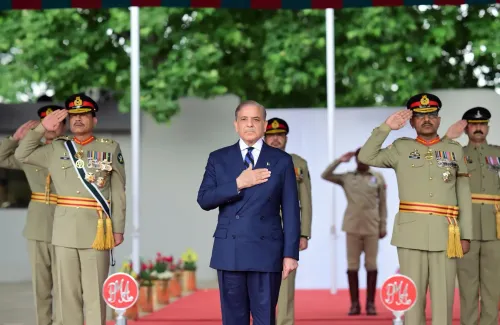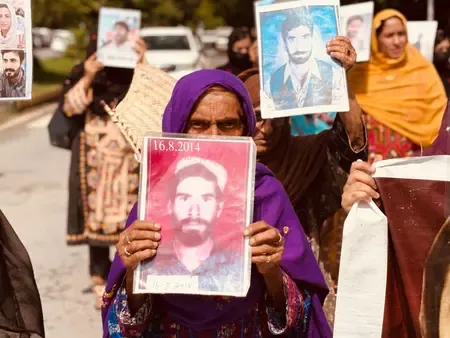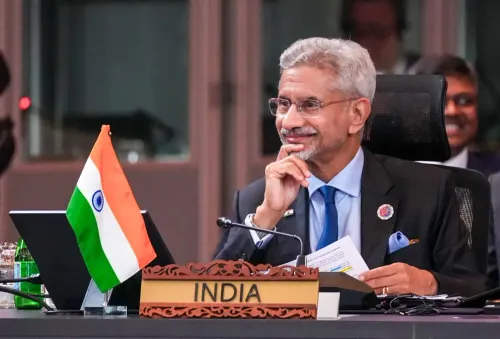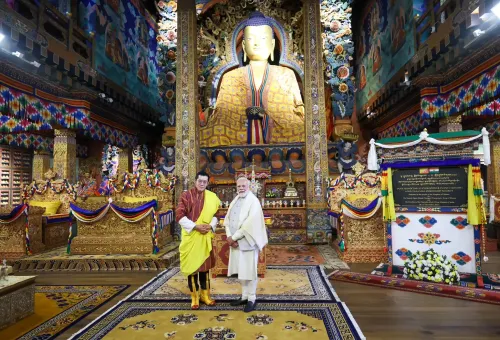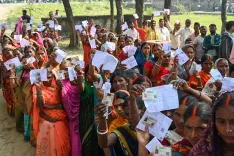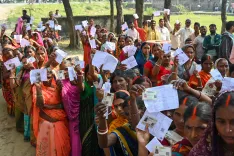Did the Mongolian PM Just Lose a Confidence Vote?
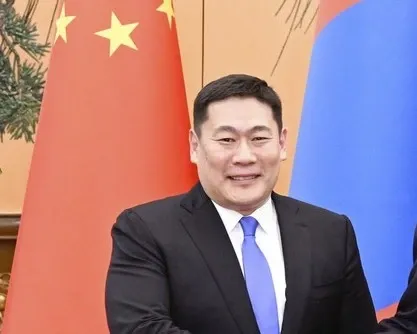
Synopsis
Key Takeaways
- Prime Minister Luvsannamsrai Oyun-Erdene has resigned after failing a confidence vote.
- The resignation follows public protests demanding accountability.
- Mongolia's Constitution mandates a new Prime Minister be appointed within 30 days.
- Corruption remains a significant issue, with recent transparency rankings declining.
- Oyun-Erdene proposed 14 major infrastructure projects during his tenure.
Ulan Bator, June 3 (NationPress) - According to Mongolia's Parliament Speaker D Amarbayasgalan, the Prime Minister Luvsannamsrai Oyun-Erdene has effectively resigned after the State Great Khural (Parliament) failed to approve the draft resolution regarding a confidence vote in him.
Oyun-Erdene had convened a government meeting on May 28, where he presented the draft resolution to the Parliament.
As per the Mongolian Constitution, if the draft resolution does not pass, the Prime Minister is considered to have resigned, and a new one must be appointed within 30 days, as reported by Xinhua.
Since January 2021, Oyun-Erdene has been serving as Mongolia's Prime Minister, having been re-elected in July 2024.
Following the vote, he stated, “It has been an honor to serve my country and its people during challenging periods, including pandemics, wars, and trade conflicts.”
His departure came after he was unable to secure a parliamentary majority, receiving only 44 votes in a secret ballot from the 82 lawmakers present, while 38 voted against.
In the weeks prior to the vote, numerous demonstrators, primarily young citizens, took to the streets calling for his resignation.
The public's dissatisfaction was largely based on perceptions of wealth and privilege surrounding Oyun-Erdene’s family, particularly his son. A lavish wedding proposal by his son and images of luxury items gained significant traction on social media, leading to scrutiny of the family's wealth sources.
Oyun-Erdene rejected the allegations as politically motivated attacks.
Transparency International noted a decline in Mongolia's transparency ranking during his term, placing the country 114th out of 180 nations in its 2024 Corruption Perceptions Index.
Mongolia, a former Communist nation situated between Russia and China, has been undergoing a democratic transition since the early 1990s after the Soviet Union's collapse.
Corruption remains a persistent challenge; in 2024, U.S. prosecutors sought to seize two New York apartments allegedly bought with illicit mining funds by former Prime Minister Sukhbaatar Batbold, who served from 2012 to 2015 and has denied the claims.
In recent years, Mongolia has aimed to strengthen relations with Western countries as part of its “third neighbour” strategy while maintaining connections with its powerful neighbors.
During his administration, Oyun-Erdene advocated for significant infrastructure and resource development projects in the mineral-rich nation, proposing 14 major initiatives, including mineral processing hubs, water diversion systems, dams, and power plants.

